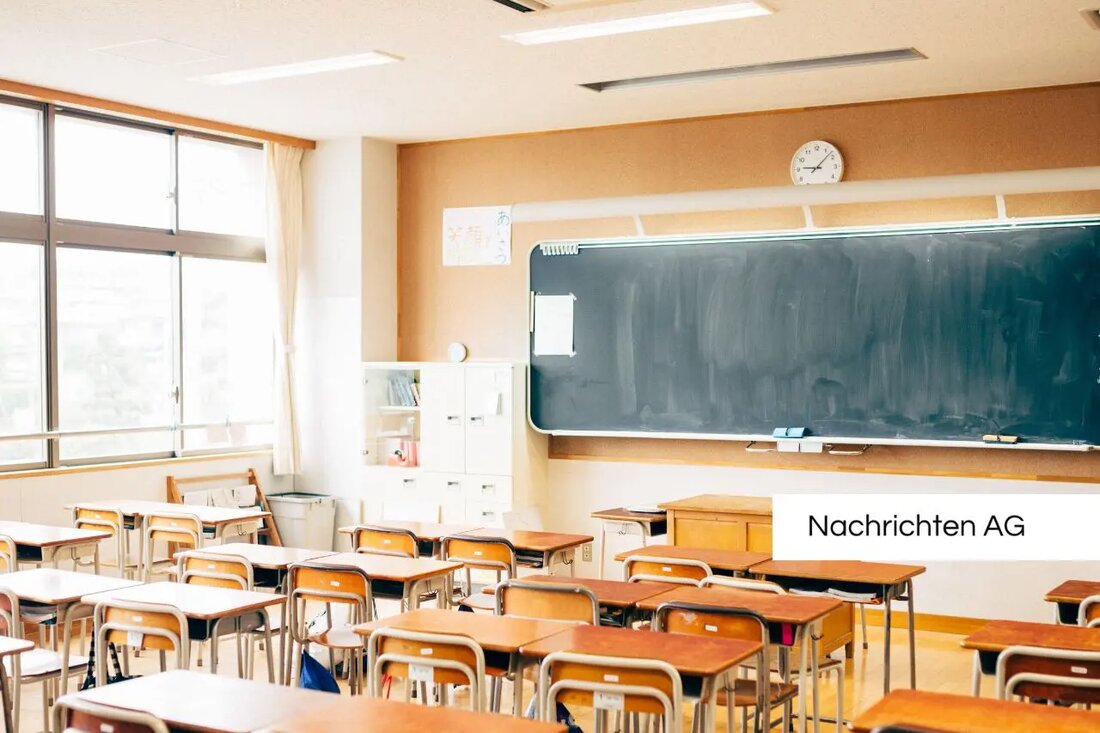Inclusion in Rhineland-Palatinate: New school reform ensures controversy!
Inclusion in Rhineland-Palatinate: New school reform ensures controversy!
in Rhineland-Palatinate, a comprehensive reform for school inclusion came into force at the beginning of the school year 2024/2025. The new regulations stipulate that children with learning weaknesses are initially enrolled in regular schools, which excludes direct access to special schools for many of these children. This measure aims to promote inclusion and to reduce the barriers between disabled and non-disabled students. Tagesschau reports that children who have so far been sent on due to a special educational support requirement in special schools have to go through in the regular schools.
The reform mainly affects children who often come from socially disadvantaged families, have little knowledge of German or have a lower IQ. So far, these children have been enrolled directly in special schools with a corresponding report, but now they have to remain in the regular school, which presents the educational institutions with enormous challenges. Experts point out that there is a significant catch -up requirement in inclusion in order to ensure equal learning for all students.
frustration among teachers
The opinions in the teacher community are shared. Many teachers express their frustration on the lack of resources and support in the regular schools. These often see themselves left alone when it comes to fulfilling the different needs of the students. Teachers are kept to contact special school centers if necessary. These offer advice, but no direct support in working with the children concerned. The number of help-seeking regular schools is constantly increasing, which has led to an increase in indispensable applications in the responsible funding and advisory center. The head of the Schubert special school, Tammo Scherr, therefore warns of possible long-term consequences for the affected children, such as an increased susceptibility to school fear.
The country's Minister of Education, Stefanie Hubig (SPD), emphasized that about 400 children are affected with this measure. This can be classified as manageable in the context of a total of 40,000 primary school children. However, critics of the reform point out that schools in metropolitan areas are particularly confronted with support children and therefore need more support.
slow progress in inclusion
The situation in Rhineland-Palatinate is an example of challenges in the entire German education system. Many federal states are lagging behind in the implementation of the UN Disabled Rights Convention (UN-BRK). The latest statistics show that the exclusion rate in Germany between 2008/09 and 2022/23 has only declined from 4.8 % to 4.2 %, which indicates a lengthy development. Bertelsmann Foundation explains that despite an increasing number of lessons that offer inclusive lessons, often two Separate systems - general schools and special schools - exist.
The progress in the expansion of an inclusive school system varies significantly depending on the federal state. So far there is no cross -border, coordinated approach that could ensure equality for educational opportunities for all students. The changes depend heavily on the respective efforts of the individual federal states, which leads to a different handling of the determination of special educational needs. In some regions, children have equal opportunities due to regional differences, while others are very disadvantaged. Aktion Mensch that the funding rate in Germany is difficult to assess due to the inconsistent data situation.
Overall, the reform in Rhineland-Palatinate is a step in the right direction, but it remains to be seen how the challenges in the practical implementation can be managed and whether an improvement in inclusion in German schools can actually be achieved in the long term.
| Details | |
|---|---|
| Quellen | |


Kommentare (0)